Former Minister of Transportation, Chief Rotimi Amaechi, has publicly addressed long-running claims surrounding his alleged “clandestine” meetings with American officials during the administration of former President Goodluck Jonathan.
Speaking at the National Conference of Editors in Abuja, the former Rivers State governor dismissed the accusations which suggested opposition leaders urged American intervention against the PDP government under the pretext of “Christian genocide in Nigeria” as entirely false.
Amaechi, a presidential hopeful under the ADC platform, insisted that no secret agenda was ever discussed and that the engagement was simply about ensuring a non-violent election.
“There have been talks about some clandestine meetings in America. No, there was no meeting in America like that. There was absolutely no meeting in America like that,” Amaechi declared.
He clarified the nature of the solitary engagement: “There was just one meeting, and we were invited… The question was from the Americans; look, we don’t want violence in this election…” He stressed that the discussion focused strictly on the need to avoid unrest during the election period, not foreign interference or any plot against the incumbent government.
Amaechi did not spare the media, arguing that journalists were far more aggressive in challenging leaders during the military era than they are under democratic rule.
He questioned the perceived loss of the press’s “fighting” spirit, which he credited with playing a major role in ending military regimes.
“I have friends who are editors… what has changed in journalism because they’re no longer fighting?” he asked, suggesting that media practitioners must return to their role of openly challenging those in power to strengthen democracy.
The former minister also levelled sharp criticism against what he described as growing ethnic loyalty in politics and within newsrooms, which he argued is severely weakening accountability across the country.
Amaechi posited that public outrage against poor governance is often selective: “As journalists, nobody wants to write against their brother… Nigerians don’t hate bad government, it’s just that the bad president is from another part of the country.”
He warned that ethnic bias, combined with poverty and selective criticism, undermines the nation’s fabric. Amaechi insisted that Nigerians must learn to remove bad governments through elections, irrespective of where the leaders originate, for the nation to succeed.
On the issue of persistent insecurity, Amaechi argued that the crisis is fundamentally systemic, stemming from the failure to provide economic opportunities for citizens.
“If you don’t provide them with legitimate means of livelihood, they will provide for themselves an illegitimate means of livelihood,” he explained, stressing that Nigeria will only become a true nation when citizens can live and succeed anywhere without discrimination.




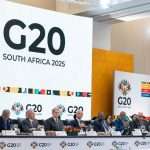
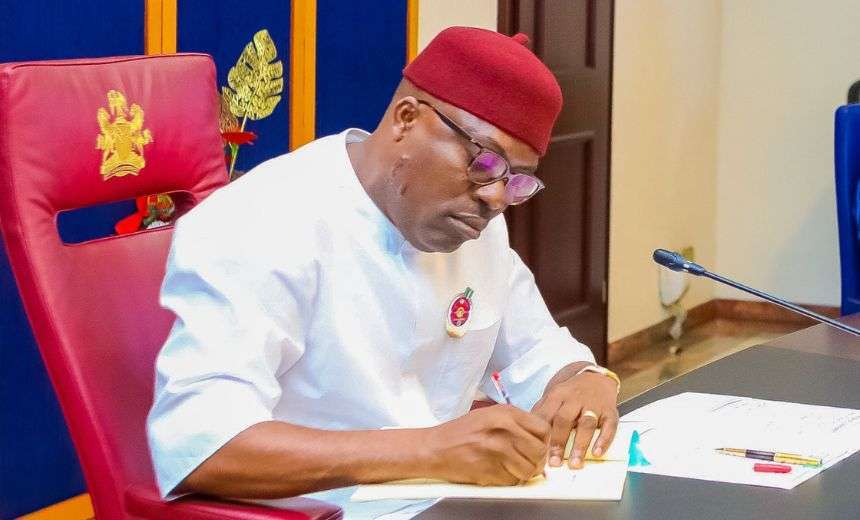

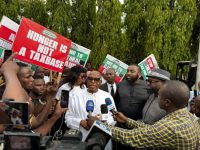
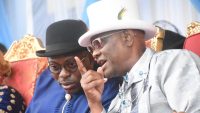
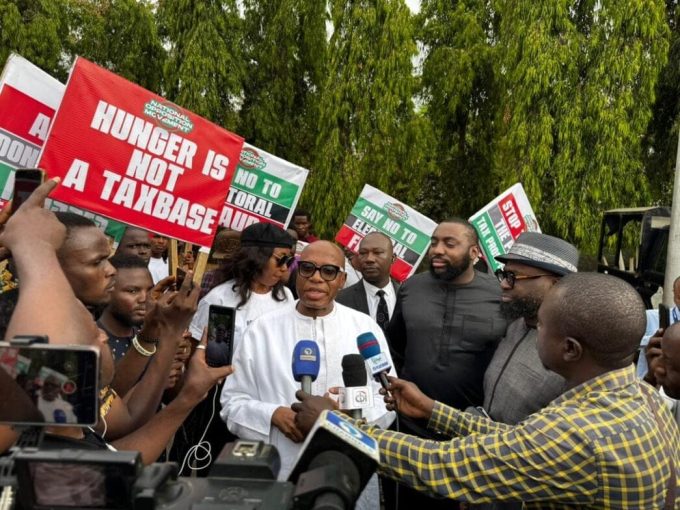
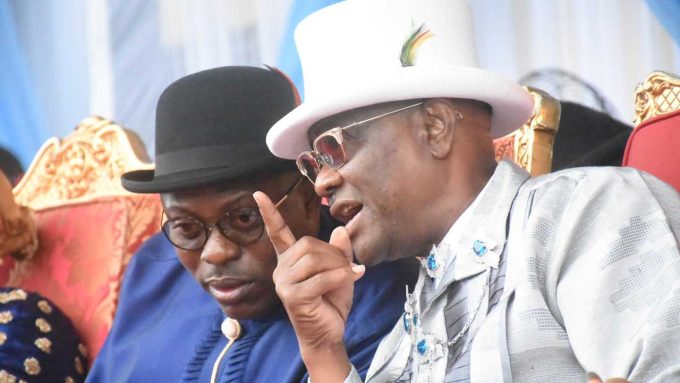
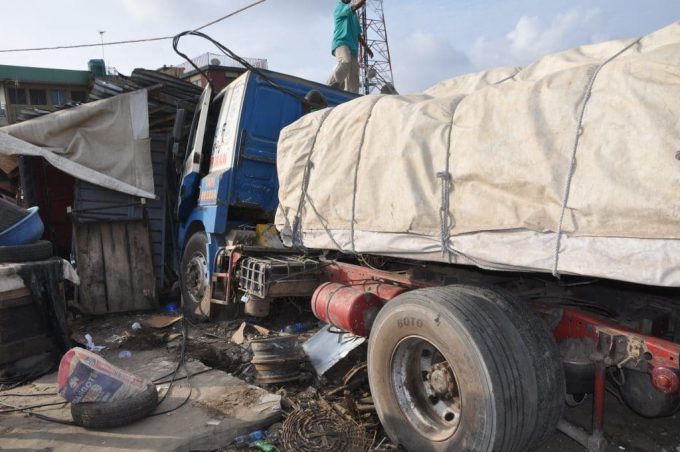
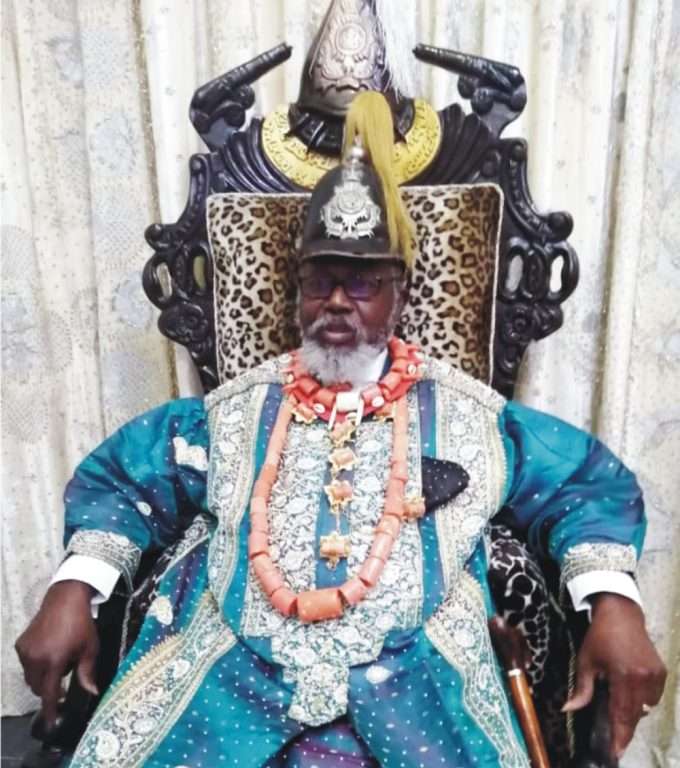
Leave a comment